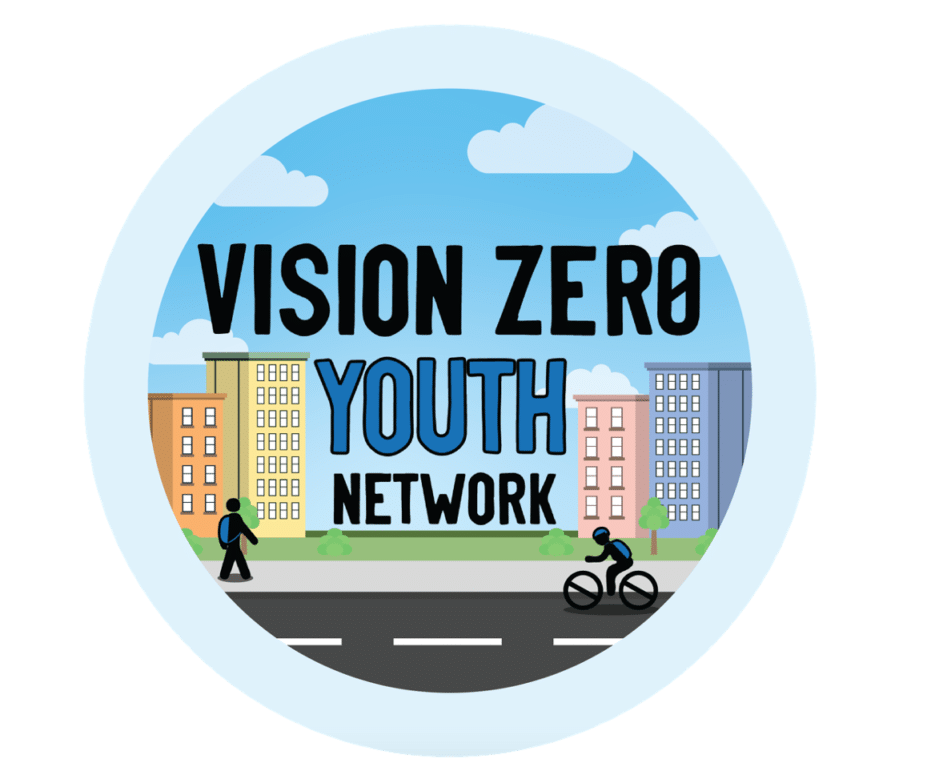“Turns on Busier Roads” Need To Know Info
How to Drive a Car: Alcohol and Driving
Make a Plan Before You Go
Learning how to drive a car includes learning how to act responsibly. If you drive, it’s your responsibility to stay sober and get all your passengers home safely. But sometimes mistakes happen. If you planned not to drink but end up drinking, you need to have a back-up plan so you can still get home safely.
Use the Safe Passage Clause in your Teen-Parent Contract. Don’t be afraid to call your parents for a ride home. They’ll appreciate the fact that you used good judgment and didn’t drive impaired. They’d rather pick you up at 2:00 a.m. across town, than identify your body at the morgue in the morning.
Sometimes the best back-up plan when you are still learning how to drive a car is to to take a cab home. You can all chip-in and get home safely. Arrange to get your car the next day.
When you’re older and away at college, it might not be possible to call your mom or dad for a ride, but you still need a back-up plan. Maybe make a pact with a group of friends to support each other this way. Maybe keep some emergency money in your wallet, so you can take a cab if you need it, but always have a plan and don’t be afraid to use it.
How do we keep others from driving drunk?
Drunks don’t know they’re drunk. They think they’re ‘buzzed’ or ‘happy’. They feel empowered and think they can do anything. So asking a drunk if they’re okay to drive isn’t helpful. No matter how much they’ve had to drink, they’ll always answer ‘yes’ so someone else needs to make that judgment for them. If you’re their friend, that someone could be you.
If you do the right thing and keep a friend from driving drunk, you could save their life or spare them from a 20-year prison sentence. They might thank you the next day – but probably not. If, on the other hand, you don’t stop them from driving drunk and they die or kill someone else – you’ll suffer from the guilt of knowing you didn’t stop them. If they survive, they might even blame you for letting them drive.
Tips for taking the car keys away from a drunken friend:
- Talk to them about surrendering their keys while they’re still partying, instead of when they go to leave. That way, if they won’t listen, you have the option of quietly taking their keys. Let them think they lost them and you can ‘find’ them in the morning.
- Take the friend aside. Don’t confront them or embarrass them in front of other people.
- Tell the person you care about them and don’t want them to get hurt. Try to keep it light-hearted rather than scolding or judgmental.
- Tell them you’ve arranged for them to get a ride home with someone else or invite them to stay over.
- If you don’t know the person well, try to get their friends to help you keep that person from driving.
- If they won’t listen, and insist on driving, you need to do something else. You don’t want to damage anyone’s property but you might consider something simple like letting the air out of their tires.
In an emergency, consider these options;
- Call someone else to come and get them like their parents, their sibling, their friend or your parents.
- If all else fails, call the police. You can do it anonymously. Explain the situation and ask for help. Your friend never needs to know you called and you could be saving their life.
If you’re hosting a party:
- Collect the car keys as people enter. If they aren’t sober when it’s time to leave, don’t give the keys back.
- Be prepared to do whatever is necessary to make sure your guests get home safely.
If you are out partying on Friday night and get home safely with your designated driver, that’s great! Good job! But before you jump in the car to go to work the next morning, make sure you’re fit to drive. If you’re feeling at all buzzed or hung over – you need to catch a lift with someone else who is stone cold sober.
|
The more alcohol teens drink, the less likely they are to buckle up. That applies to drivers and passengers. |


